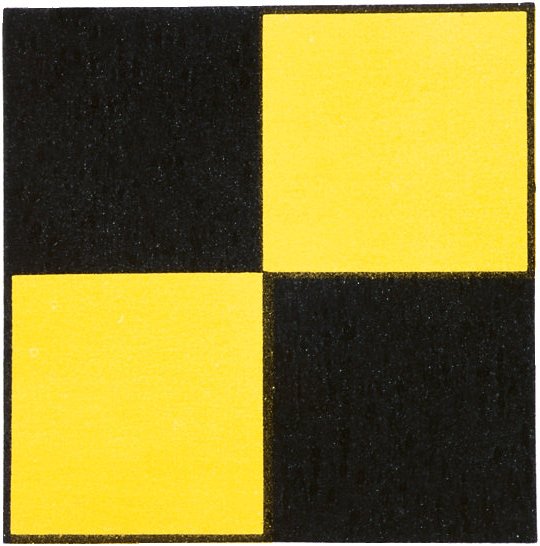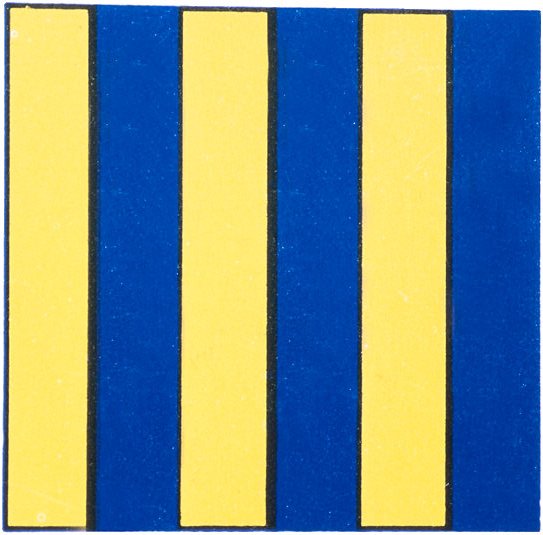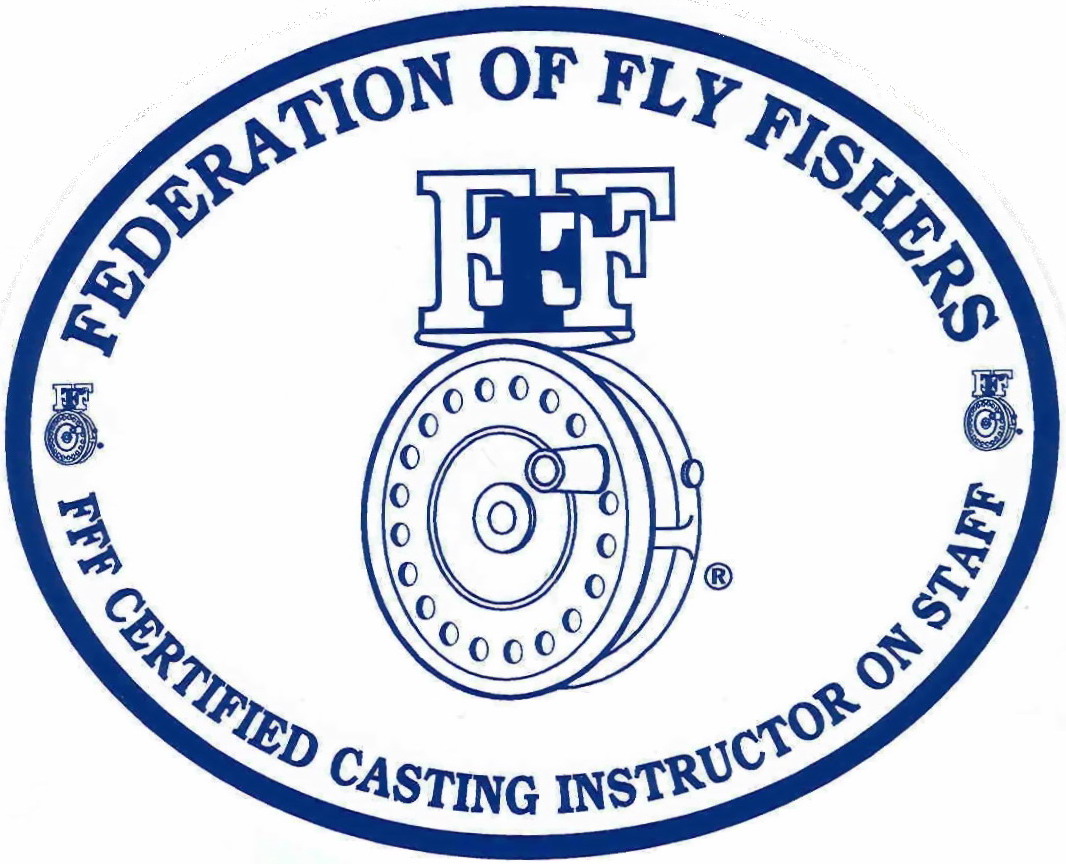Worm Hatch and Dry Fly Angling- Many Similarities
by Captain Jim Barr on 04/01/12
I have always maintained that fishing the "Worm Hatch" is the closest thing anglers will experience to dry fly fishing in salt water. Unlike most angling, be it surfcasting, spin casting and even fly casting where the angler is fishing off a beach, ledge or from a boat- where one is exerting a lot of force to cast to distant fish in heavy water and oftentimes in windy conditions... flycasting in a salt pond during a worm emergence is mostly about finesse. Anyone who tells you that catching stripers during the worm hatch is easy stuff- has either been lucky (once), is a heck of alot better angler than anyone I know, or they are just down right full of it.
There are those dry fly freshwater anglers who may disagree with me when I say this, but fishing the worm hatch requires many of the same skills as dry fly fishing for picky trout. Granted, we don't worry too much about getting the right drift in moving water, or having to mend a fly line to eliminate drag, or choosing from the dizzying array of emerger or dry fly patterns in a trout fly box in order to match the hatch- but there are many more similarities that don't readily meet the eye of the neophyte flyrodding worm hatch angler.
Like trout fishing, one is generally fishing in an enclosed body of water, not unlike a lake or pond, typically there is a bit of wind to deal with (although there are days when you feel like you are fishing in Patagonia with the non-stop menacing winds in your face), and oftentimes like trout fishing you are in perfectly still water where "quiet" needs to be the rule. You readily see the bait as trout anglers see emerging insects. You see the riseforms and outright explosions of feeding fish just as you do when trout fishing. Your equipment is much more robust than the rods, reels, and lines one uses in a trout stream, but effectively using the fly rod still requires good casting skills to properly deliver the fly.
From my perspective the key similarities of fly fishing the worm hatch and dry fly fishing for trout are: stealth, casting accuracy, pattern choice, finesse in the retrieve, and patience. The biggest challenge of all of these is the Ability to Deliver the Fly...and that's about good casting skills. From shore, it's oftentime the need to be able to cast a long line and sometimes with wind in your face (but not always...sometimes these fish will be feeding very close to you and a long line is not required). It's also about being able to make an effective cast with limited backcast room (if you are casting from as deep as you dare wade while being challenged by bushes, reeds, trees etc in your backcast room.) You need to develop not only a good rollcast (including an off-shoulder rollcast), but more critically you need to be able to cast using a backhand presentation. From a boat if you are sharing it with another angler or a captain and another angler....same deal, you need to be able to have mastered these casts. Otherwise you just are not going to catch as many fish as you would otherwise.
Practice these casts and if you cannot make them on your own, arrange for casting lessons from a qualified flycasting instructor, it will pay dividends not only for worm hatch fishing but for all other types of flyfishing you undertake.





